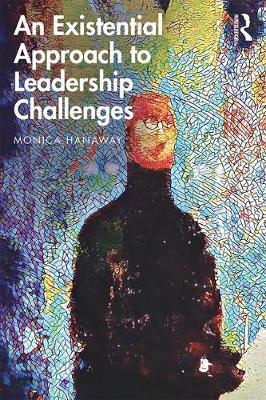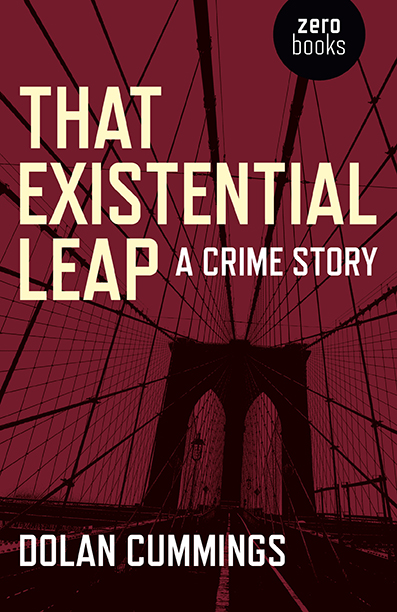

Of those three, I think physics has made the biggest progress in the past century. When we try answering the big questions of existence, we generally have three options: religion, philosophy, and physics. Physics is so much more than what we learn in school.

But physics is our best tool for finding answers to the big questions of our existence, like why do we only get older and not younger, are there other universes, will we ever know everything, do we have free will, how did the universe begin, how will it end, can particles think, and so on. Listen to the audio version-read by Sabine himself-in the Next Big Idea App.Ī lot of people have a bad start with physics in school, where they get to thinking it’s just about how batteries work, planetary orbits, nuclear decay, and that kind of thing. She is a research fellow at the Frankfurt Institute for Advanced Studies and creator of the YouTube channel Science without the Gobbledygook.īelow, Sabine shares 5 key insights from her new book, Existential Physics: A Scientist’s Guide to Life’s Biggest Questions. (Aug.Sabine Hossenfelder is a theoretical physicist who researches quantum gravity.

She uses the term “ascientific” for ideas that are beyond the reach of science-the “hypothesis of God,” the existence of additional universes, the belief that subatomic particles are conscious-and explores fascinating questions about predictability (“Instead of worrying about simulating human brains, we should pay more attention to who gets to ask questions of artificial brains”), the meaning of life (passing on knowledge, as she sees it), and the existence of free will (“the future is determined by the past”), sometimes offering provocative conclusions: “It sounds crazy, but the idea that the past and future exist in the same way as the present is compatible with all we currently know.” Readers will want to have a basic knowledge of physics before entering, and will be quickly convinced by Hossenfelder’s case that the fact that “physics has something to say about our connection to the universe is not so surprising.” And though she asserts that “physicists are really good at answering questions, but really bad at explaining why anyone should care,” her curiosity and clever prose prove that doesn’t have to be the case. Physicist Hossenfelder (Lost in Math) considers what “physics says about the human condition” in this smart survey.


 0 kommentar(er)
0 kommentar(er)
